Recommend Products
-
$14,500$16,000
-
$17,777$18,500
-
$14,000$15,000
-
$18,000$19,000
When it comes to purchasing an excavator, buying new isn't the only option. The second-hand excavator market offers an affordable alternative, especially for buyers with limited budgets but urgent needs. Pre-owned equipment can often provide a cost-effective solution, but navigating the crowded and sometimes confusing second-hand market to find both reliable and budget-friendly machines is not an easy task. Below are some practical tips to help you find high-quality equipment at the right price.
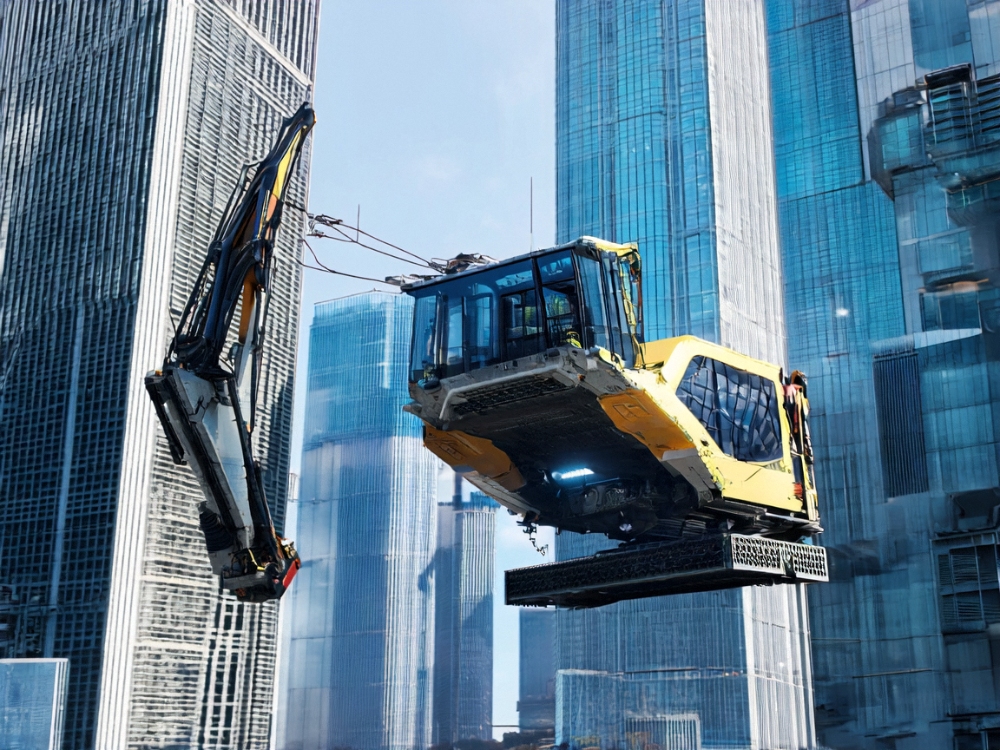
1. Clarify Your Needs to Avoid Overbuying or Underbuying
Before making any purchase, it’s crucial to identify your exact needs. For instance, do you need the equipment for long-term use, or is it for a temporary project? Does your work environment have specific demands that require certain performance features? By understanding these factors, you can choose the right brand and model that fits your project without overpaying for unnecessary capabilities.
If your work involves light or short-term tasks, a second-hand excavator with lower usage hours might be enough. On the other hand, for larger, long-term projects, investing in a mid- to large-sized machine with a good usage history may offer better durability and reliability.
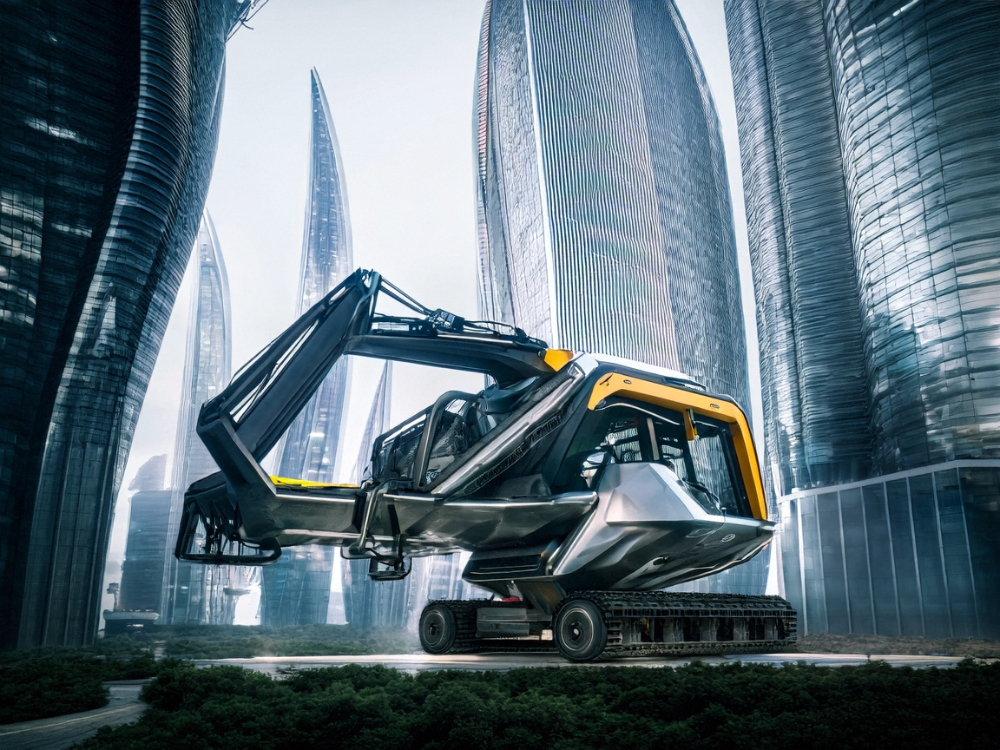
2. Do Your Research and Understand the Market
Prices for second-hand equipment vary greatly depending on brand, model, and condition. Even within the same brand, pricing can fluctuate based on factors like age, maintenance history, and seller terms. That’s why it’s essential to do your homework and understand the market before committing to a purchase. Comparing prices across multiple platforms and sellers will help you identify the reasonable price range for the type of equipment you need.
Using specialized platforms like Tiedou Used Excavator Trade Network allows you to view detailed specifications and prices, while their bidding system gives you the chance to negotiate directly with sellers and potentially secure a lower price.
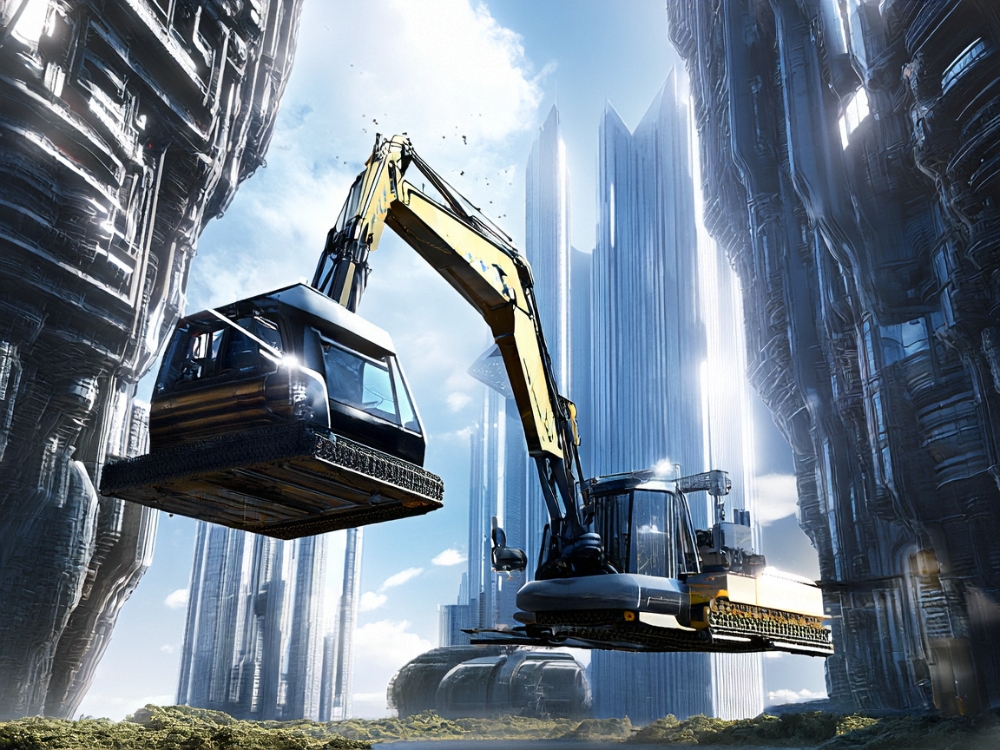
3. Check the Hours of Use and Machine History
The number of hours a machine has worked and its usage history are key indicators of its remaining lifespan. Generally, machines with fewer hours (below 6.000) are in better condition, while those with higher usage hours may come with lower prices but potentially higher future maintenance costs.
It’s also important to consider the work environment where the machine was used. Excavators that have been operating in harsh environments, such as mines, tend to suffer more wear and tear compared to those used in regular construction sites. Therefore, always check the machine’s history and maintenance records to ensure it has been properly serviced and maintained over time.
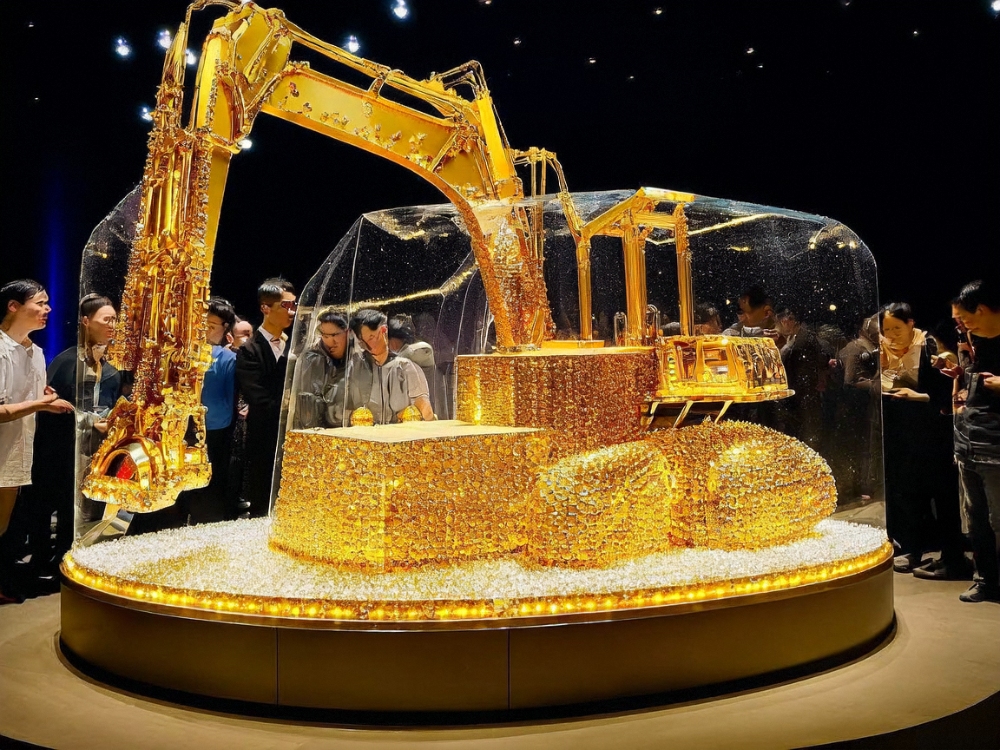
4. Pay Special Attention to Core Components
The condition of core components greatly affects the performance and longevity of both new and used equipment. For excavators, key components to check include the engine, hydraulic system, and undercarriage.
Engine: The engine is the heart of the excavator, so it should run smoothly without any abnormal noises or oil leaks. A well-maintained engine will extend the machine's lifespan significantly.
Hydraulic system: Ensure there are no leaks in the hydraulic system and that the hydraulic cylinders and hoses are in good condition. A malfunctioning hydraulic system can significantly reduce efficiency.
Undercarriage: The condition of the undercarriage directly impacts the machine’s stability and operational efficiency. Pay attention to wear and tear, especially if the excavator was used in rough terrain.
Platforms like Tiedou provide comprehensive technical inspections for all listed equipment, including detailed reports on the condition of key components. This transparency helps buyers avoid equipment with hidden defects.

5. Ensure Spare Parts Availability and Maintenance Support
While second-hand equipment offers cost savings upfront, the availability of spare parts and maintenance services can be a challenge later on. Before purchasing, check the availability of after-sales services and spare parts for the chosen brand in your region. Well-known brands like Caterpillar, Komatsu, and Hitachi generally have broader service networks and easier access to replacement parts, making maintenance more straightforward and less costly.
Choosing brands with reliable after-sales support and steady parts availability can reduce the hassle and expense of future repairs and keep your machine running longer.
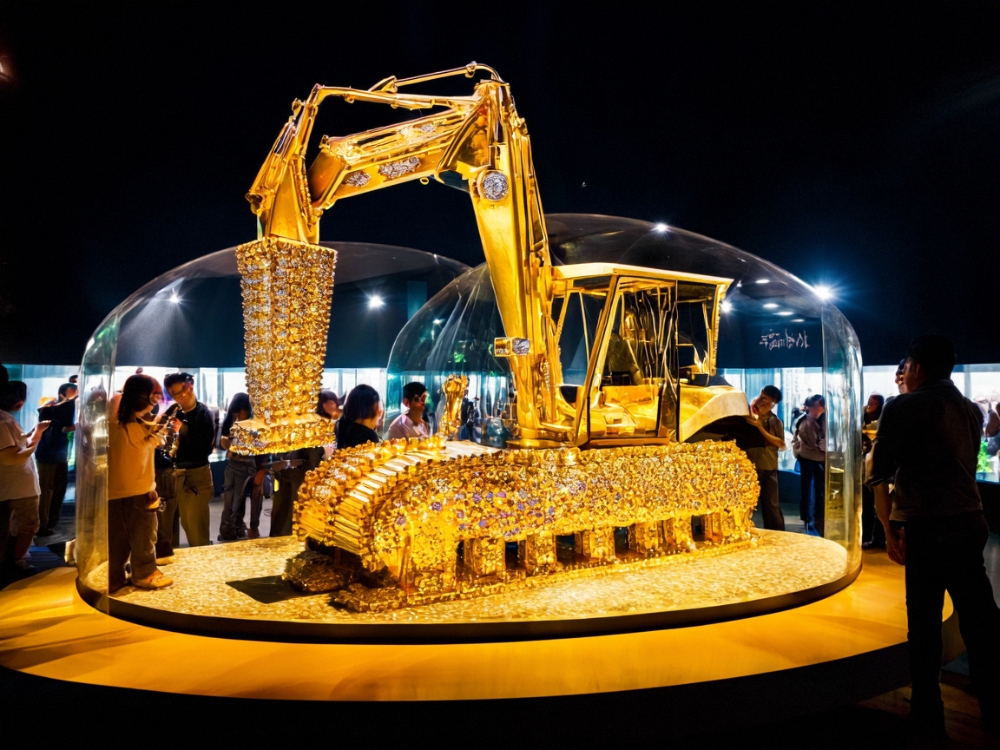
6. Compare Offers and Negotiate for Better Deals
Different sellers in the second-hand market can offer widely varying prices for the same equipment. Take your time, compare prices from multiple sources, and don’t rush into a decision. Once you’ve identified the market’s average price for a machine in the condition you want, use that knowledge to negotiate with the seller for a better deal.
Tiedou offers a transparent bidding system, allowing buyers to negotiate directly with multiple sellers at once. This can increase your chances of securing the best price for high-value equipment.
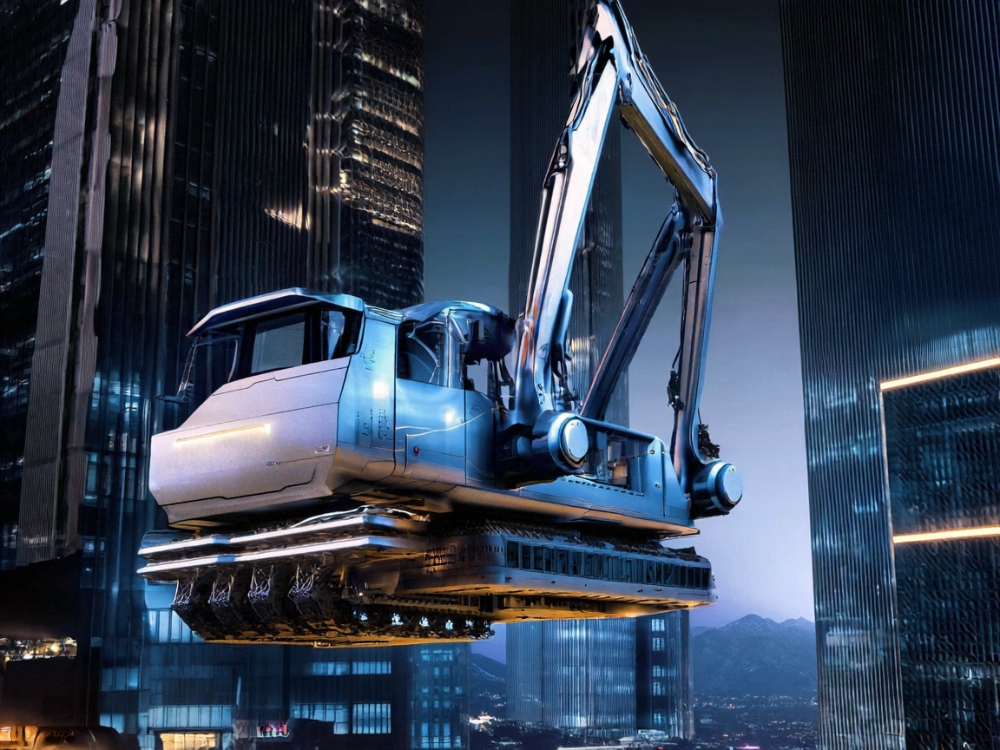
7. Use Professional Platforms to Minimize Risks
With so many buying channels available, finding a reliable platform is essential when purchasing second-hand equipment. Tiedou Used Excavator Trade Network is a professional platform that provides a wide range of brands and models, all carefully inspected for quality. Its transparent bidding system and secure transaction process ensure buyers are protected from potential risks.
By using a specialized platform like Tiedou, buyers can gain access to comprehensive equipment histories, detailed condition reports, and a competitive bidding process to find the best deal. This minimizes the uncertainty and risks often associated with second-hand purchases.
Conclusion
Finding high-quality, cost-effective equipment in the second-hand market requires knowledge, patience, and the right tools. By clarifying your needs, researching the market, evaluating machine conditions, focusing on core components, and comparing multiple offers, you can confidently purchase second-hand equipment that meets your operational requirements without breaking the bank.
With platforms like Tiedou, buyers can more easily find the perfect match for their projects while enjoying a transparent and secure buying experience, reducing the risks involved in purchasing second-hand machinery.